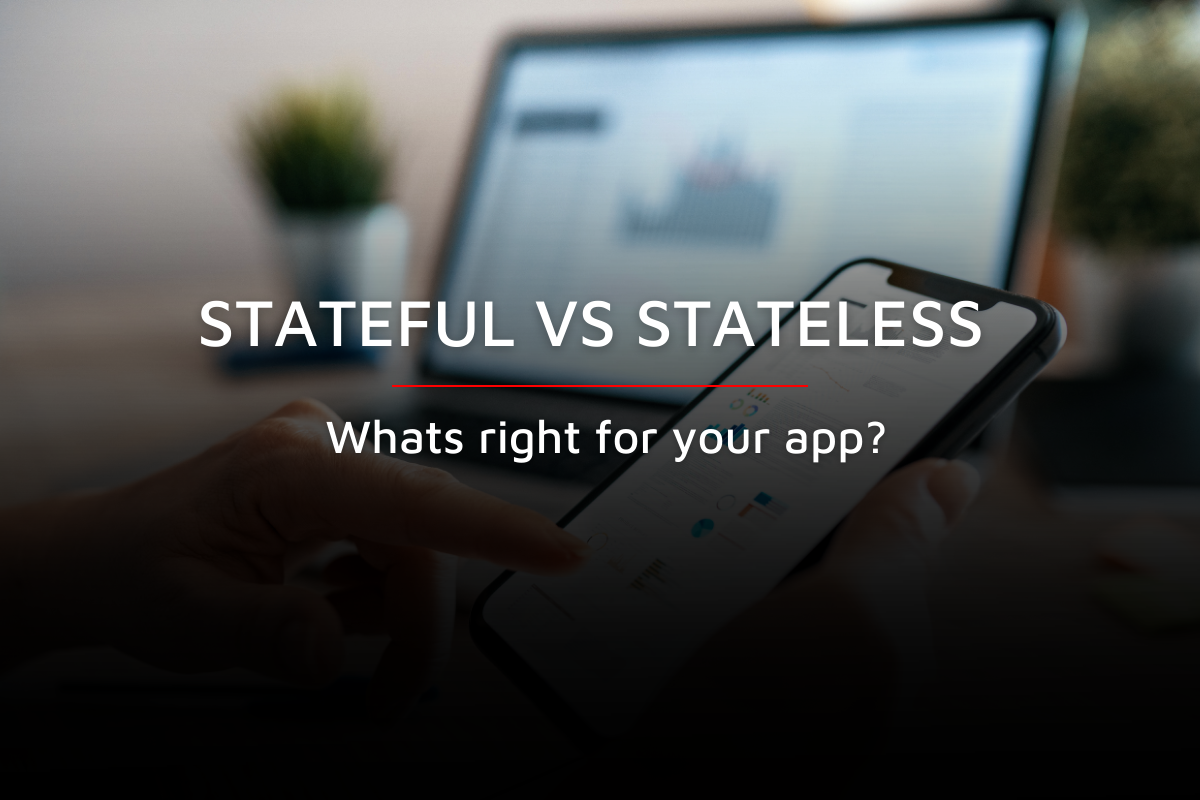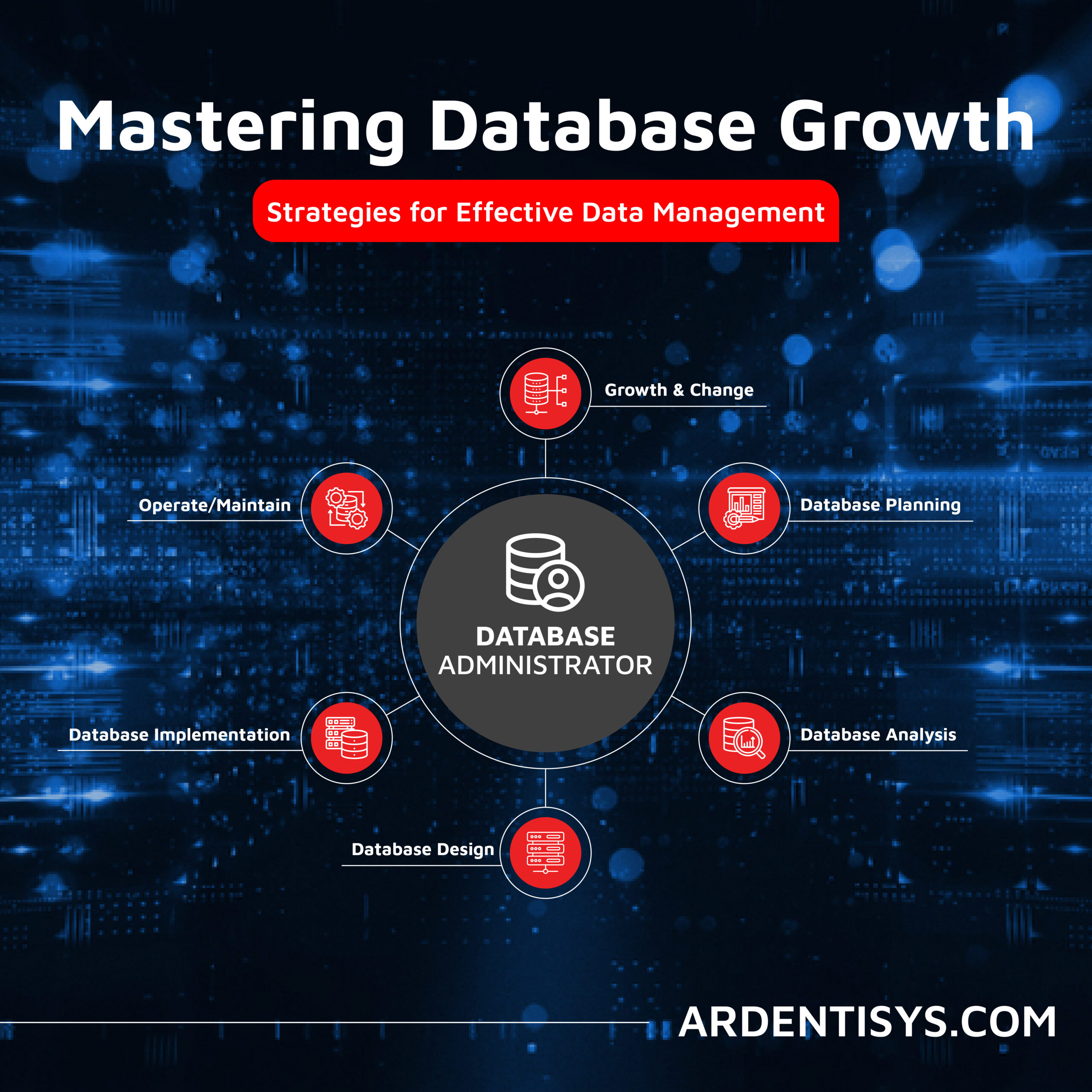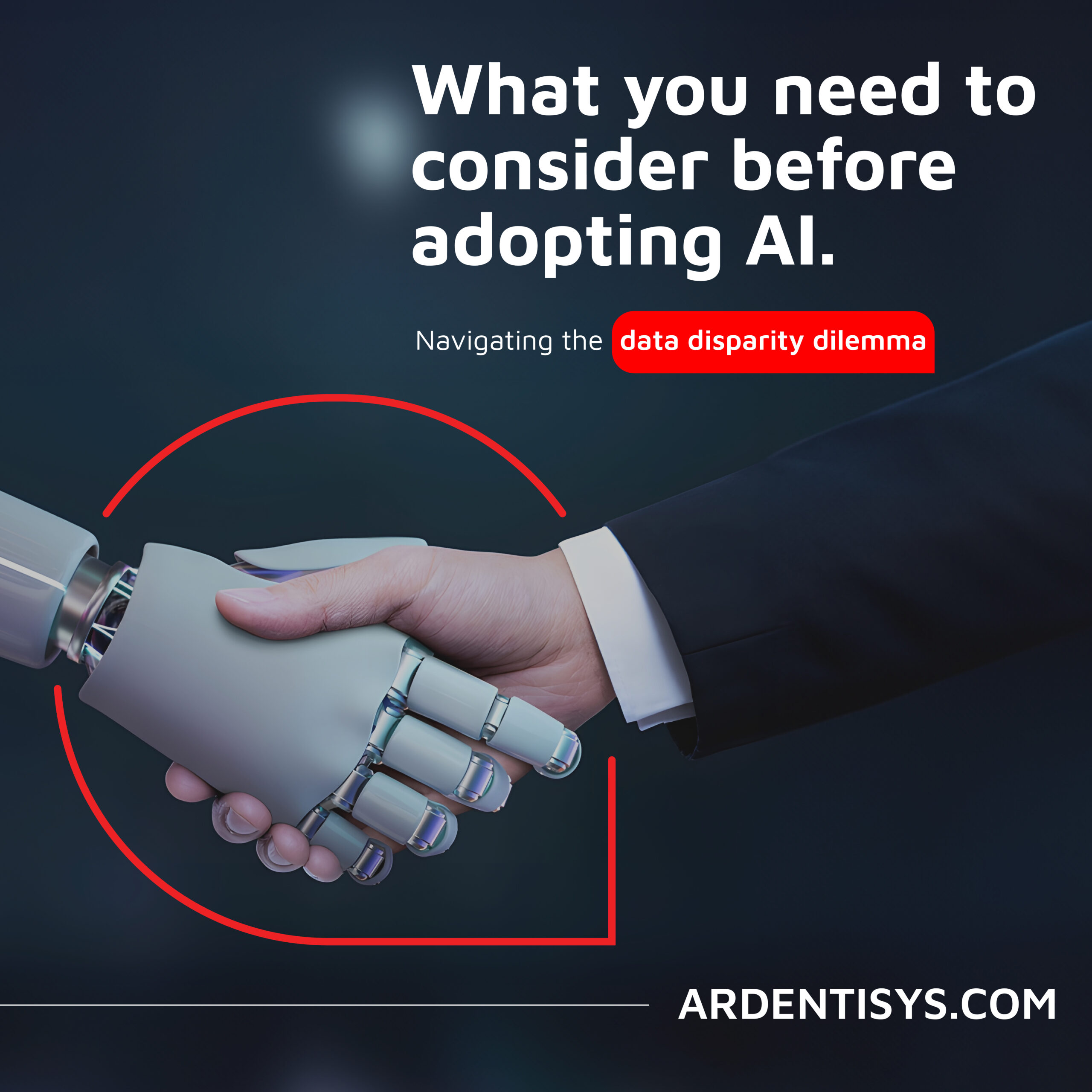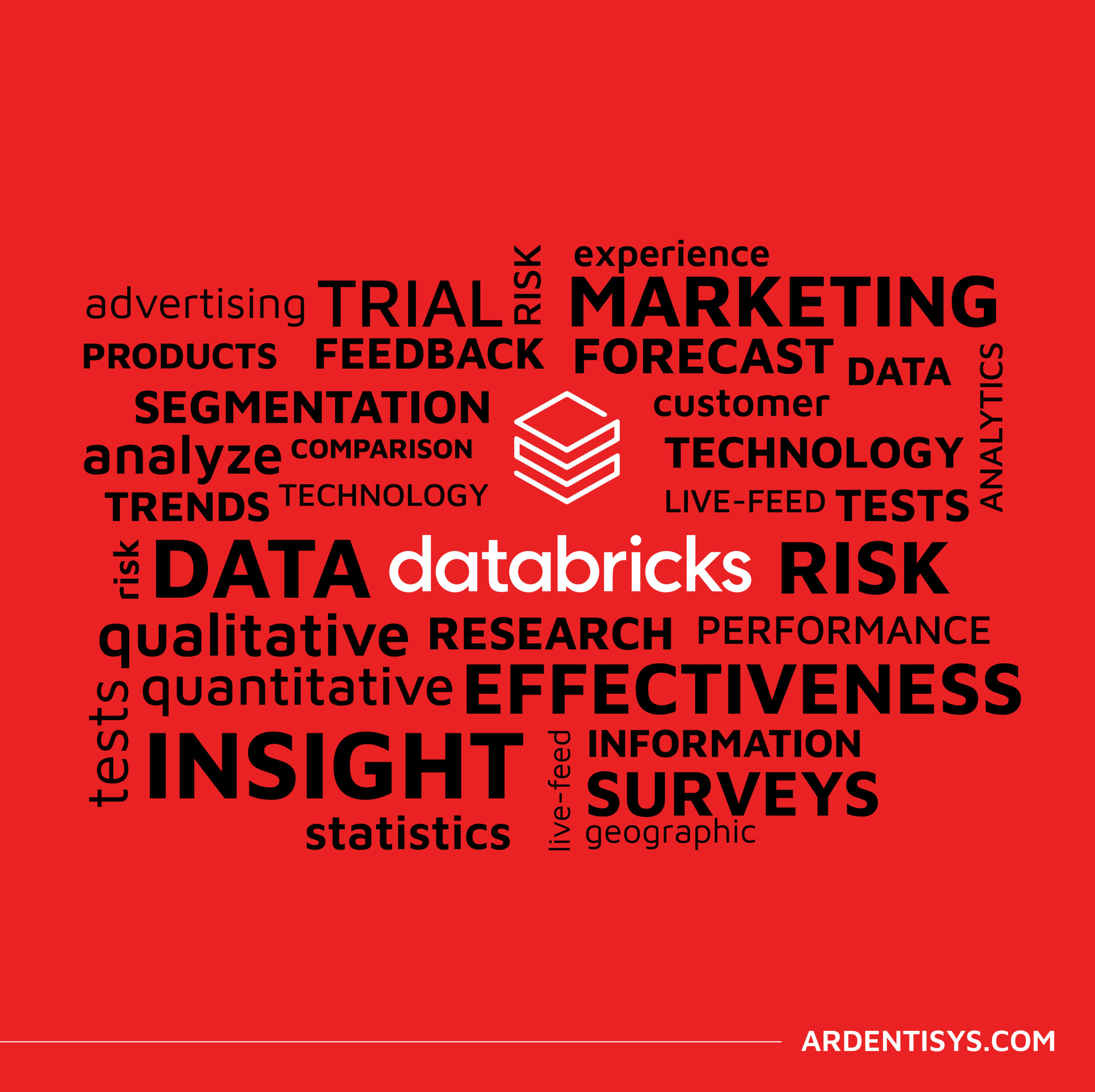Stateful VS Stateless – What’s right for your application?
28 April 2023 | Noor Khan

Protocols and guidelines are at the heart of data engineering and application development, and the data which is sent using network protocols is broadly divided into stateful vs stateless structures – these rules govern how the data has been formatted, how it sent, and how it is received by other devices (such as endpoints, routers, and servers).
Making use of stateful or stateless protocols for your application will depend on a variety of factors, such as the length of interaction and the volume of the information stored.
Stateful
A Stateful system sends requests and expects a response, if the stateful application does not receive a response, then it sends the request again. The connection between two systems is validated, and then maintained so there is continuous communication between them.
This protocol will maintain the state of its sessions, meaning that following sessions will depend on the results of the session that came before, and will use the same server every time a request is performed.
Pros of Stateful protocols
- Communication information is tracked.
- Data requests are maintained and highly intuitive.
- The architecture of the process has additional security.
Cons of Stateful protocols
- The process is reliant on the same server being available.
- Backup for memory storage can reduce speed and performance.
Stateless
With a stateless application, the protocol sends a request and does not store information about previous requests, so it does not confirm receipt from the device that has received it – meaning there is no cross-verification or repeat attempts.
Each transaction using stateless protocols is essentially a new request and does not rely on the outcome or information from previous sessions.
Pros of Stateless protocols
- Resources and storage space are minimised due to no state preservation.
- Requests are not needing to be individually monitored, so protocol visibility is increased.
- Malfunctions can be bounced back as the state is not monitored or preserved.
Cons of Stateless protocols
- Large amounts of data sent repeatedly can reduce performance.
- No information storage means some functionality is lost.
Key similarities and differences between Stateful Vs Stateless
Fundamentally, stateless and stateful protocols are different from one another in how they operate, and how application integration can be conducted utilising them.
There are similarities in how they manage firewall-related cases, in that both stateless and stateful firewall will inspect the data contained in the package/s to ensure correct information – however, a stateful protocol will retain this information to grant permission to cross the firewall for future sessions, whereas the stateless process will check the data each time.
These two functions also share similarities in how they handle database-related cases, with tokens generated to match the data, however, stateful retains the information from the transactions, whereas stateless does not.
The differences between the two processes are substantial, and cover:
- Saving information on servers.
- Client-server dependency
- System failure and crash maintenance.
- Complexity of the server.
- Scalability of applications and services.
- Transaction speeds.
- Response mechanisms and server specifications.
Determining which protocol is the right approach for your application is essential, especially if you expect the program to see considerable growth or usage. If you are unsure which option is the best for your project, our team are happy to provide expert advice and assistance.
Build an app to fulfil your requirements with Ardent
At Ardent, we take the consultative approach to understand your goals, and objectives to provide a solution right for you. We can take of the architecture of the app and the technologies used to build it and you can have peace of mind that your app is being built by experts. Explore how some of our clients are thriving with apps built specifically to help achieve their business goals:
Automating warehouse management with an easy to use, intuitive mobile app
A highly engaging mobile app built to drive research
Mobile app, packed with interactive, gamification features to support research efforts
If you are looking to bring your vision to life with a secure, scalable and user-friendly app, we can help. Explore our web app development services or mobile app development services.
Ardent Insights

Overcoming Data Administration Challenges, and Strategies for Effective Data Management
Businesses face significant challenges to continuously manage and optimise their databases, extract valuable information from them, and then to share and report the insights gained from ongoing analysis of the data. As data continues to grow exponentially, they must address key issues to unlock the full potential of their data asset across the whole business. [...]
Read More... from Stateful VS Stateless – What’s right for your application?

Are you considering AI adoption? We summarise our learnings, do’s and don’ts from our engagements with leading clients.
How Ardent can help you prepare your data for AI success Data is at the core of any business striving to adopt AI. It has become the lifeblood of enterprises, powering insights and innovations that drive better decision making and competitive advantages. As the amount of data generated proliferates across many sectors, the allure of [...]
Read More... from Stateful VS Stateless – What’s right for your application?

Why the Market Research sector is taking note of Databricks Data Lakehouse.
Overcoming Market Research Challenges For Market Research agencies, Organisations and Brands exploring insights across markets and customers, the traditional research model of bidding for a blend of large-scale qualitative and quantitative data collection processes is losing appeal to a more value-driven, granular, real-time targeted approach to understanding consumer behaviour, more regular insights engagement and more [...]
Read More... from Stateful VS Stateless – What’s right for your application?






